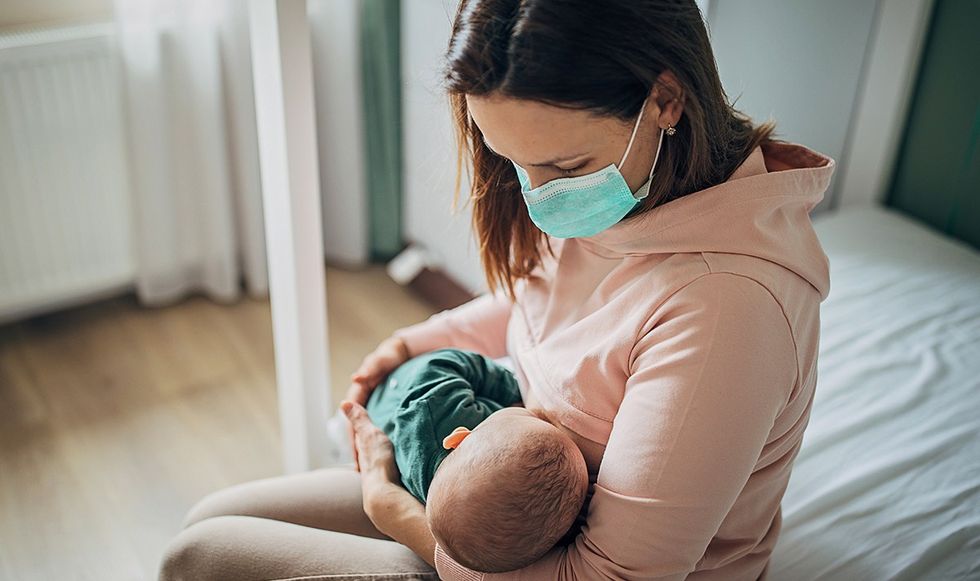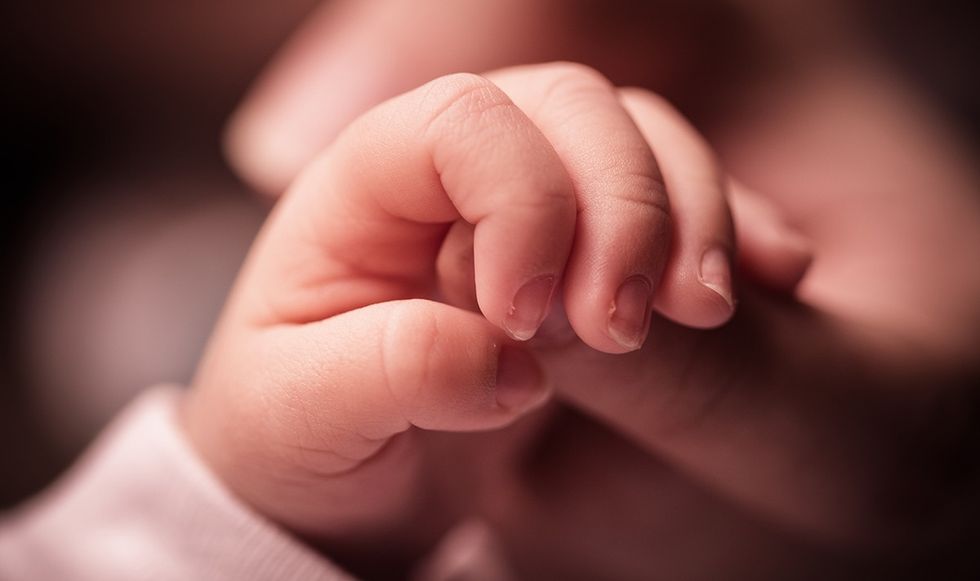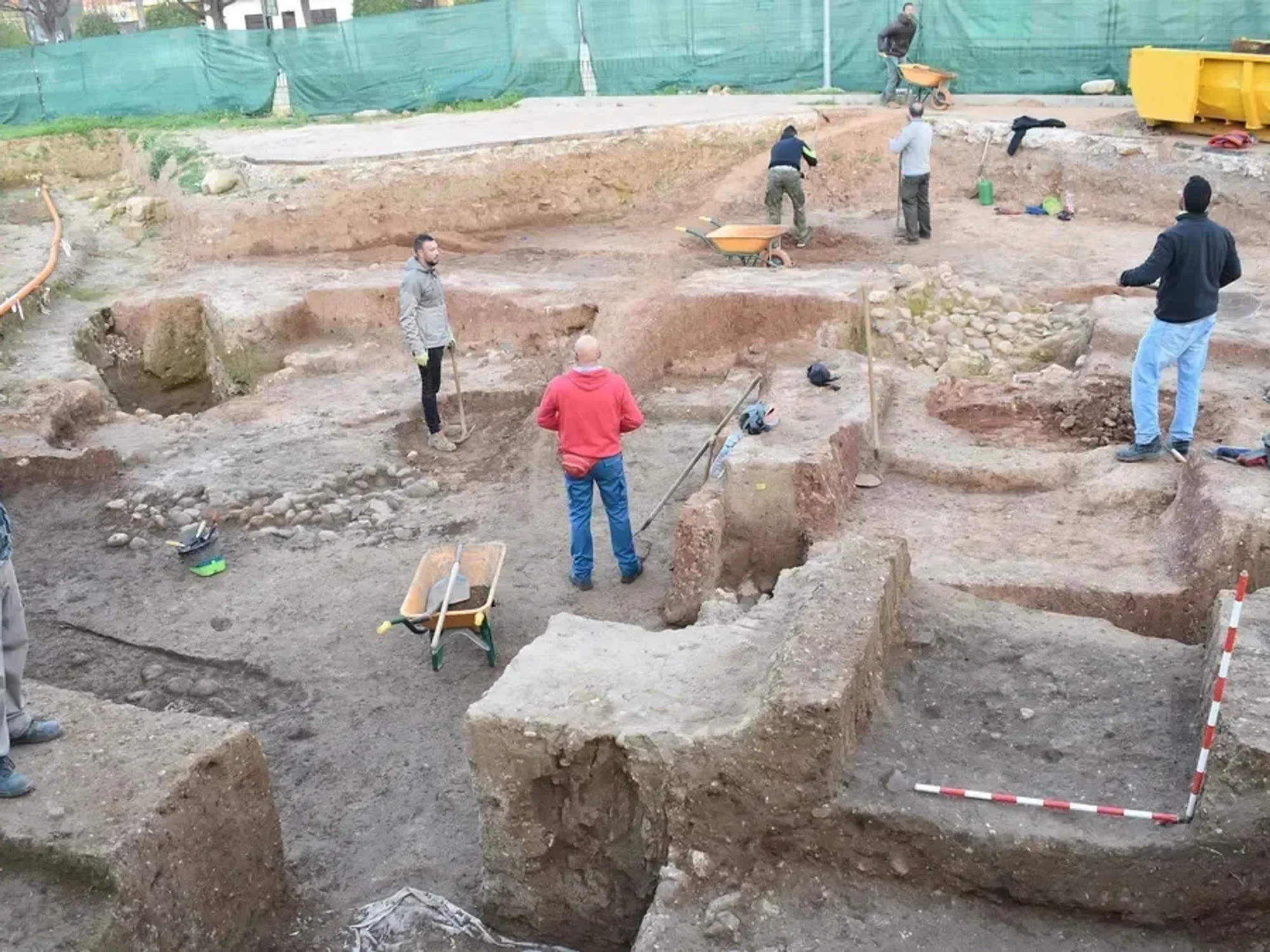Biological changes show up in Covid babies, finds new study into the dramatic effects of the pandemic

Lockdowns imposed during the Covid-19 pandemic altered the gut microbiome of newborn babies
|Getty Images

- Babies born during the pandemic-era lockdowns have altered gut microbiomes
- The biological changes have made them more resilient to disease and allergies
Don't Miss
Most Read
Latest
Lockdowns imposed during the Covid-19 pandemic caused biological changes in babies born during this period, a new study has found.
The study shines further light on the impact of the pandemic and world's response to it.
Irish researchers found that strict social distancing measures altered the gut microbiome of infants, potentially boosting their defences against allergic conditions, such as food allergies.
The gut microbiome consists of good and bad bacteria. The former keeps the latter in check, aids digestion and regulates your immune system.

The newborns were found to have more of the beneficial microbes acquired after birth
|Getty Images
The strict social distancing measures were found to promote the beneficial microbes in the gut of infants.
The study published in Allergy is the first to specifically explore the gut health of newborns in the pandemic.
It highlighted gut health benefits for 'pandemic babies' arising from the unique environment of lockdown including lower rates of infection and consequent antibiotic use, and increased duration of breastfeeding.
How the researchers gathered their findings
The researchers analysed faecal samples from 351 babies born in the first three months of the pandemic, comparing these with a pre-pandemic group.
Online questionnaires were used to collect information on diet, home environment and health.
Stool samples were collected at six, 12 and 24 months and allergy testing was performed at 12 and 24 months.
Stool samples were collected at six, 12 and 24 months and allergy testing was performed at 12 and 24 months.
The study highlighted significant differences in the microbiome development of babies born during lockdown periods when compared to pre-pandemic babies.
It revealed only about five percent of the lockdown babies had developed a food allergy at age one, compared to 22.8 percent in the pre-Covid group.
Fewer infections through not being exposed to germs also reduced the need for antibiotics, which kill good bacteria.
LATEST DEVELOPMENTS

Fewer infections through not being exposed to germs also reduced the need for antibiotics
|Getty Images
Of the lockdown babies only 17 percent needed an antibiotic by the age of one.
In the pre-pandemic group, 80 percent of infants had taken antibiotics by 12 months.
Professor Jonathan Hourihane, Consultant Paediatrician at Children's Health Ireland Temple Street and joint senior author said: "This study offers a new perspective on the impact of social isolation in early life on the gut microbiome. Notably, the lower allergy rates among newborns during the lockdown could highlight the impact of lifestyle and environmental factors, such as frequent antibiotic use, on the rise of allergic diseases.
"We hope to re-examine these children when they are five years old to see if there are longer term impacts of these interesting changes in early gut microbiome."
Fellow joint senior author Liam O'Mahony, professor of immunology at University College Cork, said: added: "While we all start life sterile, communities of beneficial microbes that inhabit our gut develop over the first years of life. We took the opportunity to study microbiome development in infants raised during the early Covid-19 era when strict social distancing restrictions were in place, as the complexity of early life exposures was reduced and this facilitated a more accurate identification of the key early life exposures.
"Prior to this study it has been difficult to fully determine the relative contribution of these multiple environmental exposures and dietary factors on early life microbiome development.
"One fascinating outcome is that due to reduced human exposures and protection from infection, only 17 percent of infants required an antibiotic by one year of age, which correlated with higher levels of beneficial bacteria such as bifidobacteria. The study has provided a rich repository of data, which we will continue to analyse and investigate in the future."










